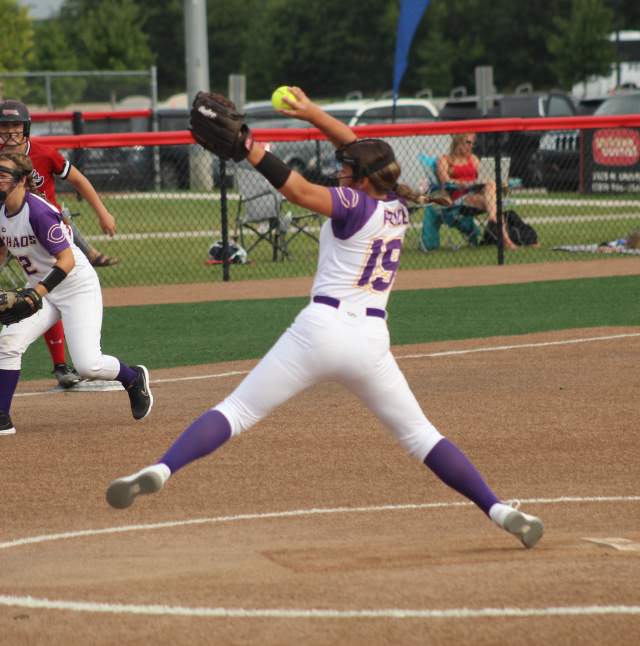Article by Justin A. Hinkley - Lansing State Journal
WINDSOR TWP. - Curling is a game full of sounds.
There's the swishing, squealing sound of the sweepers. The low rumble of the rocks gliding across the ice. The echoing shouts of the teammates calling out to one another. The thwack of the rocks striking each other.
All of those sounds echoed around The Summit Sports and Ice Complex in Windsor Township on Sunday as the Lansing Curling Club played host to the final rounds of the 2014 USA Curling Arena National Championships.
The competition kicked off Thursday with 16 men's teams and 16 women's teams from as near as Kalamazoo and as far as San Francisco to vie for a gold, silver or bronze metal. By Sunday, the field had been winnowed to four men's teams and four women's teams looking to place, along with two men's teams in a consolation bracket.
Lansing fielded eight players in the competition - a men's and a women's team - but did not make the finals.
The competition, one of seven national events sponsored yearly by the U.S. Curling Association, is not for Olympic-level contenders but for "people who don't ever get to curl on championship-quality ice," said DeWitt's Mark McElwee, vice president of the Lansing club and chairman of the event.
McElwee said one of curling's biggest draws was its accessibility.
"The thing about curling is it's a very adaptive sport," he said. "If you've got a bad knee or a bad shoulder or something, there's ways you can participate and remain competitive."
That's what drew Okemos' Ian Mays, 30, to recently sign up for the Lansing club.
"It's fun. It's unlike a lot of other games," Mays said. "You can be as young as 8 and as old as 90 and still play the game."
He wasn't competing Sunday but brought his son, 2-year-old Liam Mays, to The Summit for a Father's Day outing watching from the bleachers. He said he'd been interested in the sport for years and had a connection to it because his mother is from Canada, where curling is a national pastime.
Not so here in the States, where most people's only exposure to the game is through the Winter Olympics. It's that game where players toss big rocks with handles on them down the ice to teammates who sweep the ice in front of the stone to help it glide toward a target at the other end of the rink.
McElwee said Lansing's chance to host the nationals would be a boost to his young club, which is in only its second season. He said the club had built up to a 32-person league after February's winter games in Sochi, Russia, and he had about 20 signed up for summer league.
"We're trying to build off of that," McElwee said. "We embrace everybody who wants to try it out and we help them learn more about it."
Other Michigan curling clubs are in Detroit, Midland, Kalamazoo, Traverse City, Lewiston, Calumet and Escanaba, McElwee said.
And McElwee said he hoped the attention could bring more spectators, who he said "learn a lot more watching it live than you really can on TV.
"You can tell by the players' reactions whether or not they're happy with the shot results," he said. "You learn how to read the weird scoreboard. It's an interesting game to watch because there's a lot of strategy that goes on."
